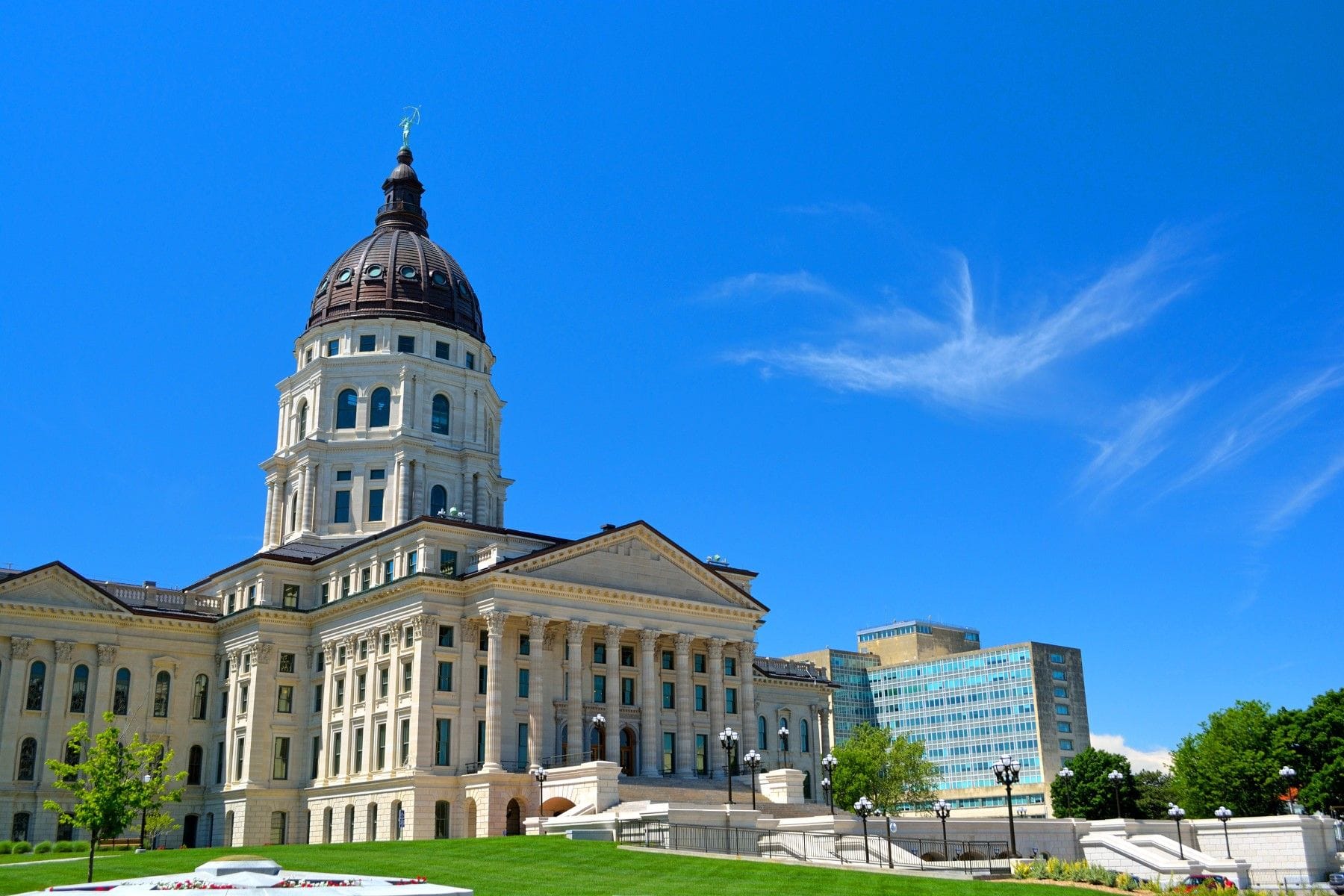Expert Witness Compensation Rules in Kansas
Kansas expert witness compensation rules emphasize fair fees, ethical guidelines, and clear agreements, ensuring transparency and professionalism in legal proceedings.
Updated on
In this article
What Are the Rules Governing Expert Witness Compensation in Kansas?
In Kansas, the rules governing expert witness compensation are rooted in the state's civil procedure framework and are influenced by statutory guidelines as well as ethical considerations. Expert witnesses, often pivotal in litigation, are compensated for their time, expertise, and contribution to legal proceedings. Understanding the nuances of these rules is crucial for attorneys, legal professionals, and the expert witnesses themselves.
Fee Provisions in Kansas Rules of Civil Procedure
The Kansas Rules of Civil Procedure address expert witness fees primarily in the context of discovery and trial preparation. According to these rules, parties are generally responsible for compensating their own expert witnesses unless the court orders otherwise. The compensation covers:
- Preparation time: This includes reviewing case materials and formulating expert opinions.
- Deposition and trial testimony: Experts are paid for the time spent providing testimony.
- Travel expenses: Reasonable travel costs may also be reimbursed.
The court may intervene in fee disputes, ensuring that compensation is fair and reasonable. This intervention is typically guided by principles of equity and the necessity to prevent excessive financial burdens on either party.
Kansas Code §60-456: Payment Guidelines for Expert Witnesses
Kansas Code §60-456%20If%20the%20witness%20is,%3B%20and%20(3)%20are%20not) outlines the criteria for expert testimony admissibility and indirectly influences compensation expectations. While the statute primarily deals with qualifications and the basis of expert opinions, it implies that compensation should reflect the complexity and importance of the testimony provided.
- Qualifications and Expertise: More highly qualified experts may command higher fees.
- Complexity of the Case: Cases involving intricate technical or scientific issues may justify higher compensation.
- Local Market Rates: Compensation should align with prevailing rates for similar expertise within the region.
These guidelines ensure that compensation is not only fair but also commensurate with the expert's contribution to the case.
Ethical Considerations: Kansas Bar Association Guidelines on Expert Fees
The Kansas Bar Association offers ethical guidelines concerning expert witness fees, emphasizing transparency and reasonableness. These guidelines are designed to prevent conflicts of interest and maintain the integrity of the judicial process.
- Disclosure: Attorneys are encouraged to disclose expert fee arrangements to adverse parties where necessary, ensuring transparency.
- Reasonableness: Fees should not be contingent upon the outcome of the case, as this could compromise the expert's objectivity.
- Avoiding Excessive Fees: Unreasonably high fees can be seen as attempts to unduly influence the expert's testimony, thus violating ethical standards.
Adhering to these ethical considerations helps maintain professional integrity and upholds the legal system's credibility.
Practical Tips for Structuring Expert Witness Fee Agreements in Kansas
When drafting fee agreements for expert witnesses in Kansas, it is essential to consider various factors that contribute to a clear and enforceable contract. Here are some practical tips to ensure that the fee agreement is structured effectively:
- Clearly Define Services: Specify the services the expert will provide, including preparation, consultation, deposition, and trial testimony, to avoid any ambiguity.
- Establish Hourly Rates: Set a clear hourly rate for different types of work (e.g., preparation, testimony) and ensure it aligns with local market rates for similar expertise.
- Outline Payment Terms: Include terms regarding payment timelines, such as advance retainer fees, billing intervals, and due dates for outstanding balances.
- Detail Reimbursable Expenses: Clearly outline which expenses (e.g., travel, materials) will be reimbursed and establish a process for submitting expense claims.
- Include Cancellation and Rescheduling Policies: Define policies regarding cancellation or rescheduling of services, including any potential fees for last-minute changes.
- Incorporate Confidentiality Provisions: Ensure that the agreement includes clauses that protect sensitive information shared during the engagement.
- Specify Dispute Resolution Mechanisms: Include provisions for addressing disputes related to fees or services, such as mediation or arbitration, to streamline resolution processes.
By following these tips, attorneys and expert witnesses can create fee agreements that are transparent, reasonable, and mutually beneficial, ultimately fostering a better working relationship.


